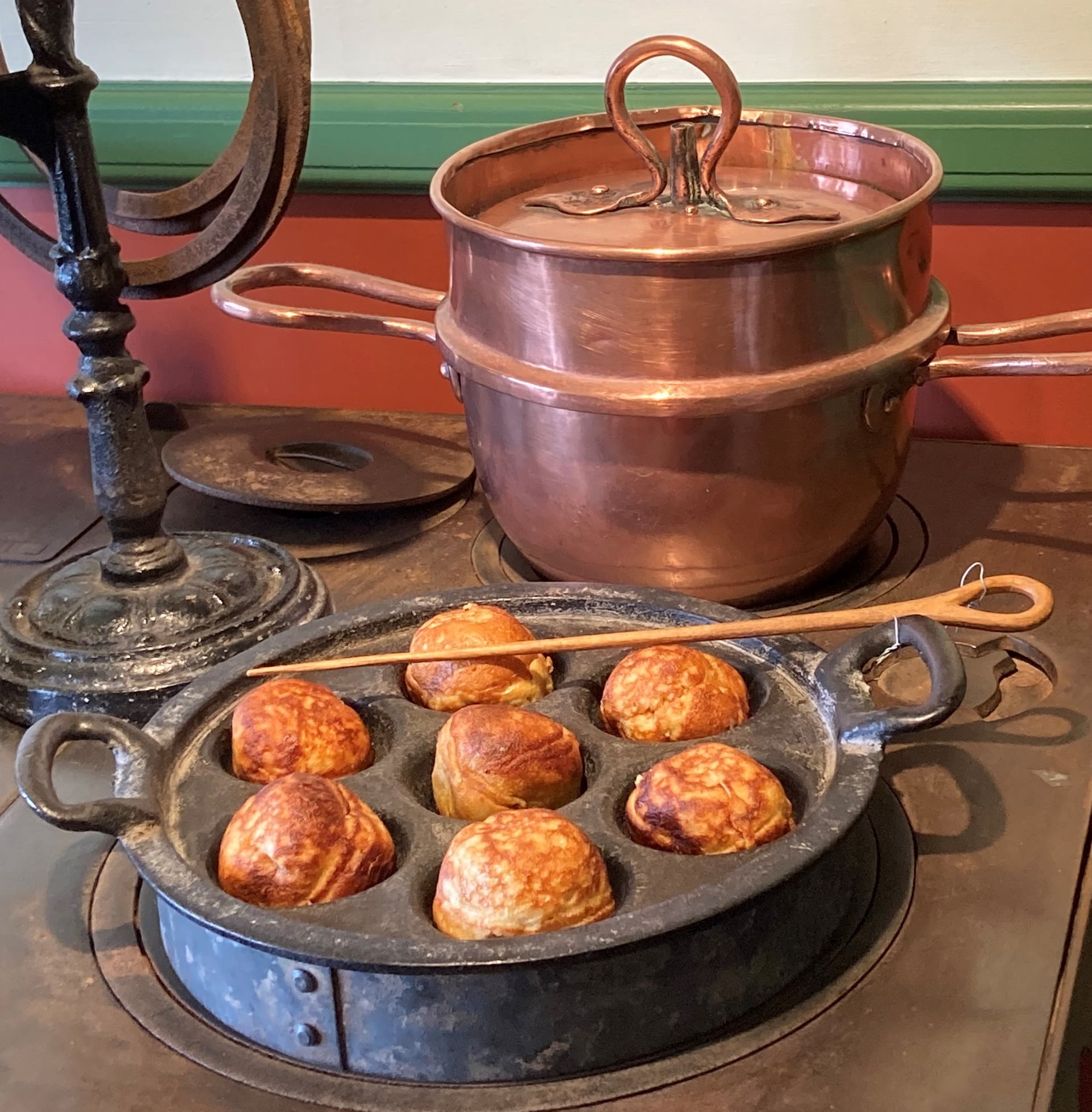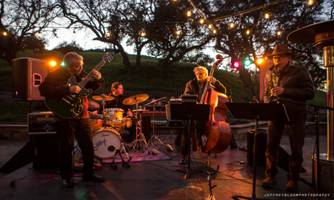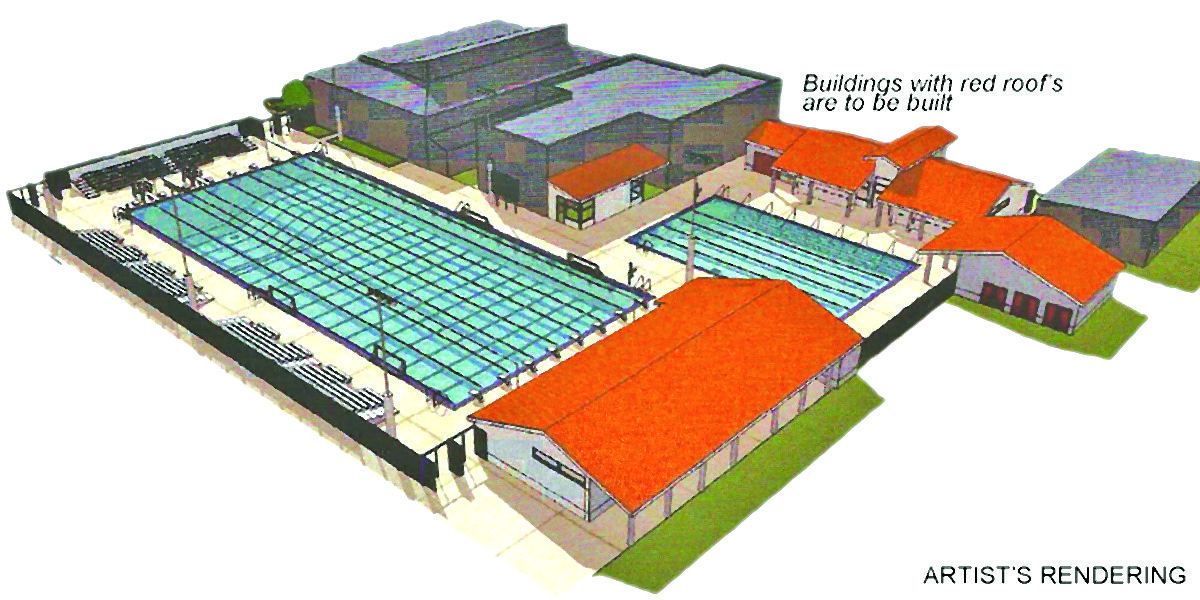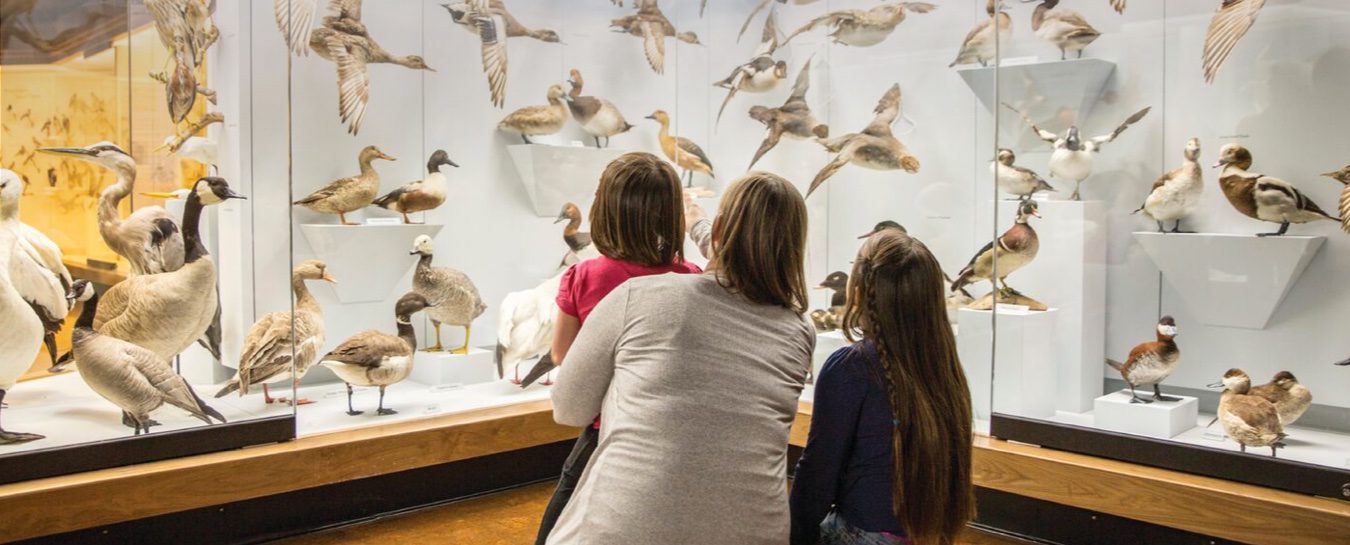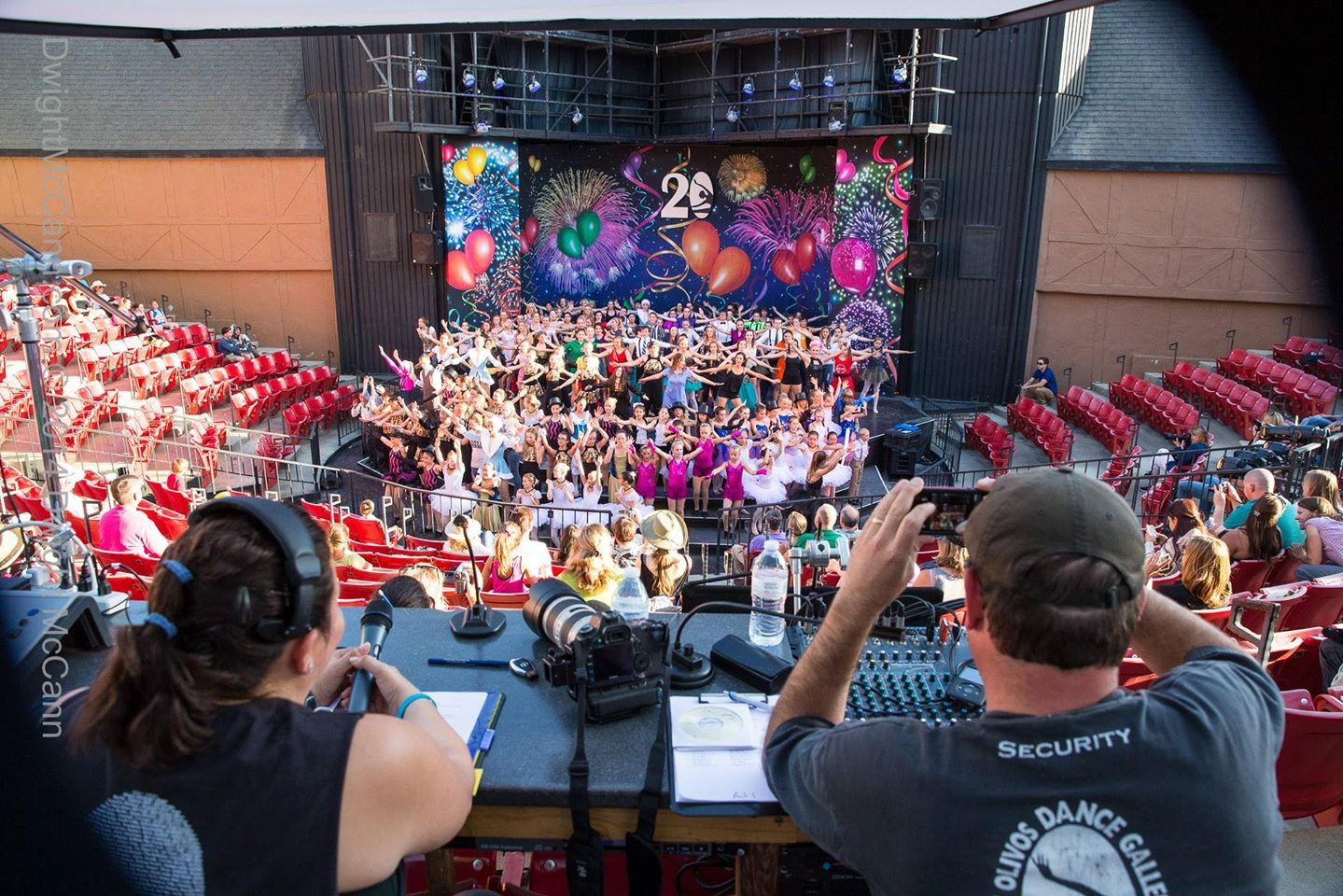Staff Report
Nearly eight months after its forced closure due to the COVID-19 pandemic, the Elverhoj Museum of History and Art reopened to the public on Nov. 6. New, modified, public walk-in hours will be in effect from 11 a.m. to 4 p.m. Friday, Saturday and Sunday.
During the closure, exhibitions were updated and reimagined to enhance the visitor experience and better enable COVID safety. As per the public health department’s requirements, face covering will be mandatory for entrance and physical distancing will be practiced.
A highlight of the reopening is the return of the gallery exhibition, “Legacy of Decency: Rembrandt, Jews and Danes.” This heralded collection of 21 prints by Dutch Master Rembrandt Harmenszoon van Rijn (1606-1669) is paired with displays about the Danish World War II rescue of their Jewish population. The exhibition links people, time and place through artwork and action with a legacy created by neighbors who cared for, and about, one another.
“The humanity Rembrandt expressed in his artwork continues to resonate today, nearly 400 years later,” said Elverhoj Executive Director and exhibit curator Esther Jacobsen Bates. “The exhibition originally opened February 29 and had only been on view for two weeks. It has been patiently waiting during our COVID closure and we are excited to again share the experience with guests.”
The Rembrandt prints highlight the artist’s nuanced relationship with Amsterdam’s Jewish citizens. They are detailed and intimate, much like Rembrandt’s relationship with his subjects, many of whom were neighbors and friends. The art is from the collection of Howard and Fran Berger, gift to Westmont Ridley-Tree Museum of Art.
Rembrandt’s achievements as an etcher are characterized by the new and innovative techniques he introduced to printmaking. His legacy of decency is displayed in the emotional and psychological depth given to his Jewish subjects; expressive faces, dramatic body language, and bold use of shadow and light combine with his mastery as a printmaker.
The concept of caring is also found in “janteloven” – the unofficial Danish law for “no one is better than the other.” The janteloven principle that everyone is accepted and equal plays a key part in Danish culture and mentality as was exemplified by the remarkable story of the Danish WWII resistance. Posters from the Danish Museum of Resistance in Copenhagen tell about a few intense weeks in 1943 when a “living wall of people” raised up and rescued over 95% of the Jewish population in Denmark from the Holocaust.
Elverhoj Museum of History and Art is located at 1624 Elverhoy Way in Solvang. There is no charge for admission; suggested donation is $5. For more information, phone the Museum at (805) 686-1211 or visit elverhoj.org.

